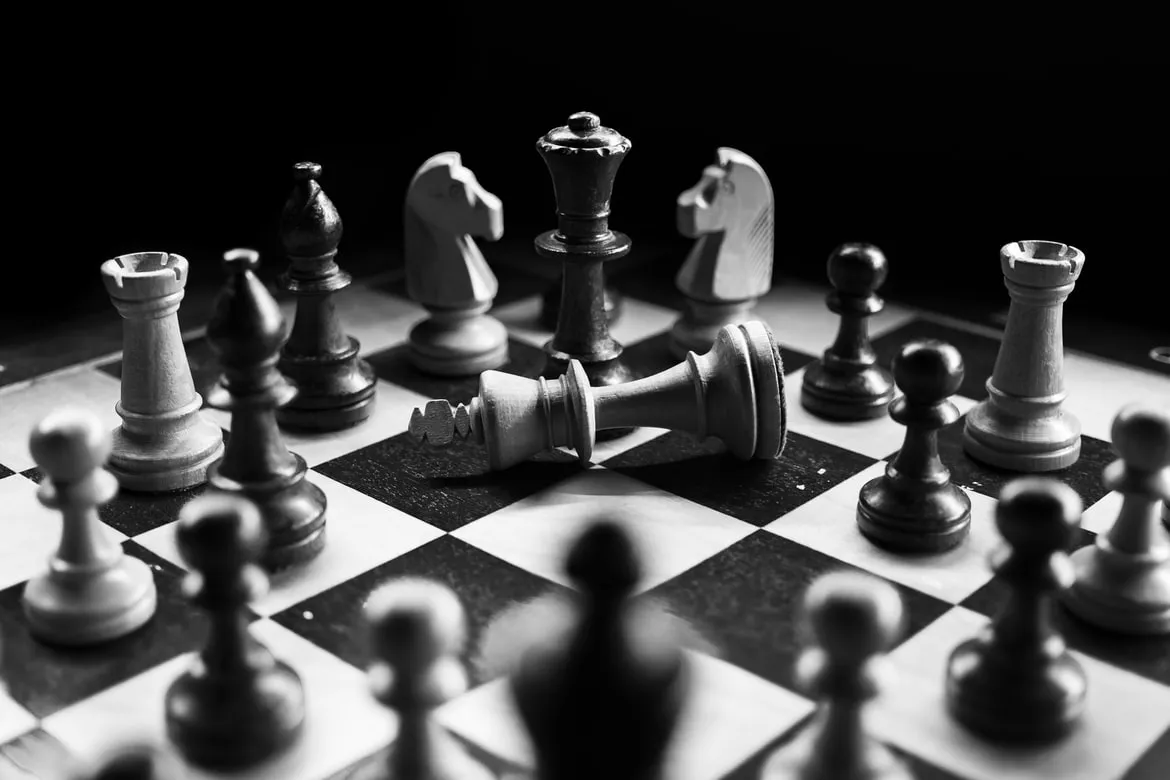Sri Lanka has fallen. It's not even news now. The country has defaulted on its 51 billion dollars of debt. And it is only disaster on top of disasters for the country and it's people since then. The people are fleeing the country and taking refuge, mostly in India. The currency is devalued utter miserably. Rate of inflation is somewhere around 130% last I checked. And the debt to GDP ratio is around 110%. Which means the country actually owes more than it produces. Crazy scenes. There are blackouts happening across the country, constantly. Food and fuel shortages are also a thing there. Covid? This economic crisis is going to kill more people than some virus from southern China.
Well, what I just said is news portal stuff which you already know, so let us now focus on what actually caused this tropical island country to fall.
So, first of all, Sri Lanka is a wide range family business for about a little more than a decade now. The Rajapaksha family. First, Mahinda Rajapaksha came to power in the mid 2010s. Then after he took presidency, bit by bit he started promoting other members of his family into different positions of ministry under his tenure. Maybe that isn't a bad thing if they can lead a country well. In fact, during the first years they were doing a pretty good job and were held as national heros for stopping a civil war that was ongoing for multiple decades.
Things weren't going so wrong until the last couple years. Sri Lanka was a developing country. It was under developed and was on a steady rise. Any country of that section would have debts. It's normal. What stands out is how they manage those debts. And the Rajapaksha family wasn't the best at doing that. Debts kept piling up.
One other problem with Sri Lanka is that it's economy is very one dimensional. It heavily relies on tourism. The tropical country has its sights and many Europeans and people living near the north pole come to this part of the world to enjoy the change in weather. Among them, Europeans don't come since the Easter bombings, and Russia and Ukraine, well, you know what they're doing. Plus account for COVID. All these led to a drastic fall in the tourism business of the country. To tackle that situation the government kept taking more and more debts. Country was importing more than exporting. The trade deficit was increasing. All this made the turmoil worse.
In 2019 Gotabaya Rajapaksha came to power by promising low taxes. Your country is staring down the barrel and you cut taxes. Pro gamer move. The people didn't question him, nor did he care. I wonder how. Months after taking office, Gotabaya bans the import of chemical fertilizers. Why? Foreign reserve is shrinking. Of course it would because of importing more than exporting. But banning fertilizers only made things worse. The one thing Sri Lanka was good at besides tourism, and you break the leg on that too. Result? Economy down the drain. Food shortages, now they have to import more food where they would usually export. All this and then China. We all know how China works with poor countries by giving them big amount of loans with relatively less time to pay it back. They played the same game here. The government took loans from China to build infrastructure just to look good to the people. The airport they built with that money remains empty 80% of the time. Wasted cash there. But the loan needs paying back or China will take over like a bank acting on delayed mortgage payments.
The country looks beyond saving unless the IMF bails it out. Some 20 billion is needed to kickstart productions and stabilize the situation again. But even IMF is having second thoughts on whether Sri Lanka is worth granting the loan or not. The future of this country hangs on an incredibly unstable balance.

